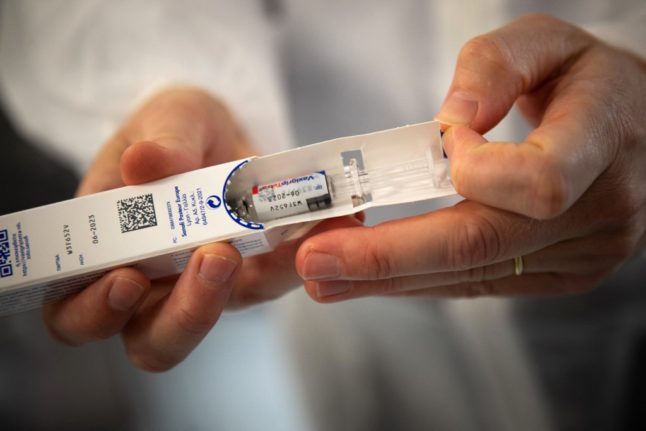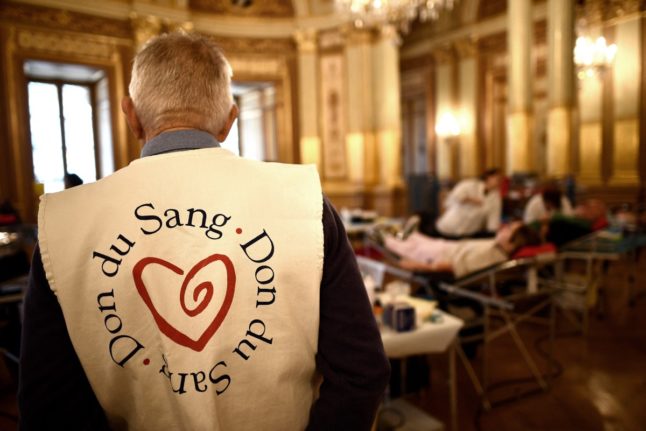Santé publique France made the declaration of an epidemic on Wednesday, adding that three deaths have been recorded due to flu, while 20 patients are in intensive care.
With Covid-19 and bronchitis cases also currently high, health experts have urged people to get vaccinated – especially those over 65. “It is important for people at risk to be vaccinated against flu without delay,” insisted Santé publique France.
READ ALSO Flu vaccine opens to all adults in France: What you need to know
Cases have hit full epidemic levels in Brittany and Normandy, while the virus is in pre-epidemic phase in Auvergne-Rhône-Alpes, Grand Est, Provence-Alpes-Côte d’Azur, Centre-Val de Loire, Hauts-de-France and Île-de-France, with an increasing number of people heading to hospitals’ emergency departments with influenza-like illness. It is expected to cross over to epidemic levels in the coming days and weeks.
READ ALSO French PM calls on commuters to wear masks as Covid cases rise
It has already hit French overseas territories including Martinique, Mayotte and Reunion.
Flu has hit epidemic levels much earlier than last season, when it did not peak until early Spring.



 Please whitelist us to continue reading.
Please whitelist us to continue reading.
Member comments